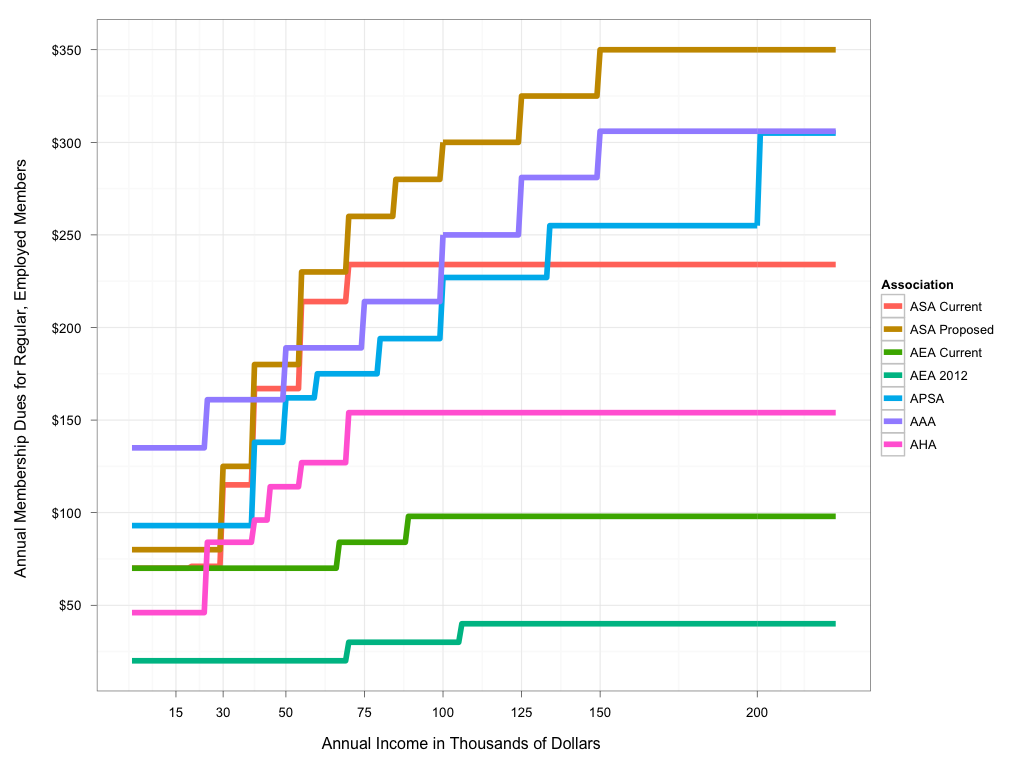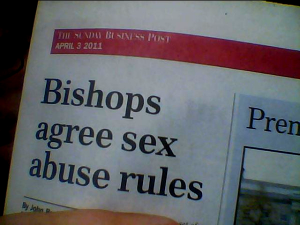For those who’ve picked Obama (Democrat) in their fantasy 11-dimensional chess league, here’s the winning line that’s opened up, with annotation. Starting position is Budget compromise.
1. … (Reps) Announce Ryan strategy !? given the requirements to cut taxes, raise defence spending and reduce the deficit, it would have been better to temporise, but Serious Commentators approve
2. (Obama) Wait two days for Ryan plan to fall apart under scrutiny 2 … Keep looking Serious and try to erase worst bloopers from Interwebs ?? Overlooks Wayback machine, screenshots
3. Propose plausible plan, with mix of tax increases and expenditure cuts 3 … Keep looking Serious
4. Announce that debt limit vote must be Up or Down 4 … Cave in if 4 … refuse to lift debt limit, forced loss as in Clinton v Gingrich 1995)
5. Hold line on budget except for more cosmetic expenditure cuts 5 … Cave in if 5 … hold to Ryan plan, 6 make election referendum on Medicare vs tax cuts for millionaires wins easily
6. Wins
Of course, that’s the fantasy version. The likelihood that the Obama (Democrat) who spoke the other day will reappear any time soon is pretty small. In the real world, Obama (Republicrat) will almost certainly meet the Reps halfway and then some.

